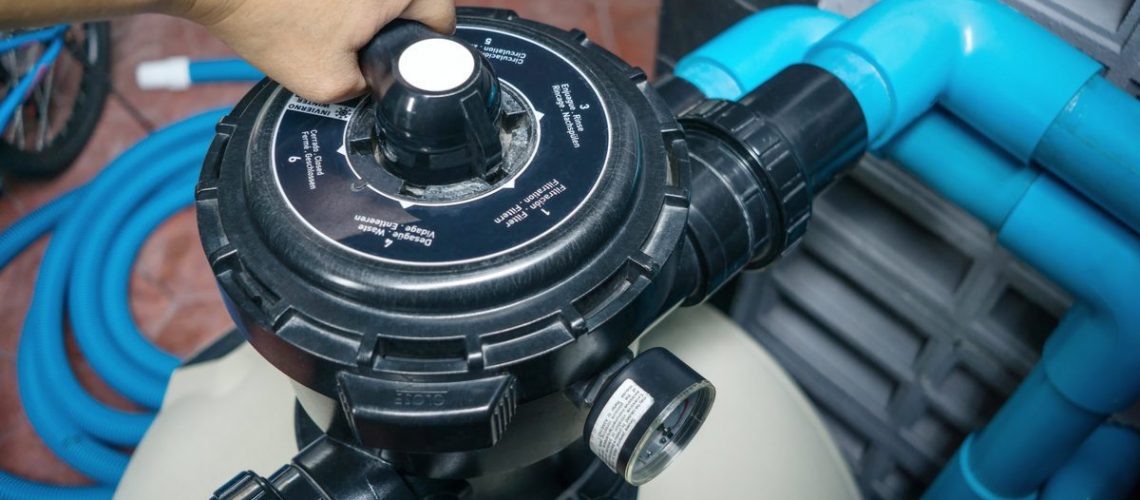Types of Pool Filters for Inground Pools
Swimming in a dirty pool can result in diarrheal, skin, and ear infections. It’s a fact that may deter you from installing a pool in your home. However, using the best pool pump and filter for inground pools can help you avoid this.
There are various types of pool filters for inground pools. You may be wondering what are the different types of swimming pool filters. If you’re also asking How do I choose a pool pump filter? read on to find out this and more.
3 Pool Filter Types
There are three types of pool filters for inground pools. They include:
Cartridge Filters
The cartridges in these filters are paper-based. They were not considered very effective when first used. However, they are now upgraded and include a greater surface area.
This allows them to require cleaning only once to twice a year. Maintenance of these filters is also now a lot easier than before. They can last between three to five years and cost between $200 to $1,600.
The water quality they produce is about the same as with the use of a sand filter. However, they don’t filter as intricately as DE filters.
DE Filters
DE, short for diatomaceous earth is the type of filter agent used in these filters. A layer of DE filter powder covers a plastic fabric on a series of plastic grids within the filter.
Water passes through the powder which filters out debris. The size of the DE particles, which are smaller than sand filters more finely than the other types of filters.
However, it requires a lot more maintenance than other filters. You’ll need to add the powder every time you vacuum the pool. It costs between $520 and $1,600 and the grids are also expensive to replace. But DE filters can last as long as 10 years.
Sand Filters
A sand filter can last up to five years. Water passes through the filter’s diffuser as it enters the tank. It then goes through specially graded sand.
Debris and dirt get trapped between the grains. The water then flows to the bottom of the filter, passes through the laterals, and re-enters the pool. Sand filters are capable of filtering extremely fine dirt and debris. They can cost from $300 to over $1,000.
How Do I Choose A Pool Pump Filter?
All three filters will work well in any pool. Sand filters are more commonly used because they are easy to maintain. However, when it comes to choosing the best one for you, it depends on your budget and personal preference.
Once you decide on a filter, you’ll need to choose the correct size. This will depend on your pump. The filter flow rate or gallons per minute (GPM), should be the same for both.
You’ll be safe choosing a larger size to maintain equilibrium with your pump. One square foot on your filter, per a pool capacity of 10,000 gallons should be adequate.
But consult with a pool company before deciding. Regardless of which you choose, cleaning your filter also ensures it works well and will last much longer.
The Best Pool Pump and Filter for Inground Pools
Many questions may crop up when it comes to the maintenance of your pool. How do I choose a pool pump filter? What are the different types of swimming pool filters? Thankfully the answers are in this article.
There are pros and cons to using any of the three types of pool filters for inground pools. When it comes to maintaining your pool you’ll want to choose the right equipment. An experienced and highly knowledgeable pool company such as BPS, The Backyard Pool Specialists can help you choose the best pool pump and filter for your inground pool. Contact today.



